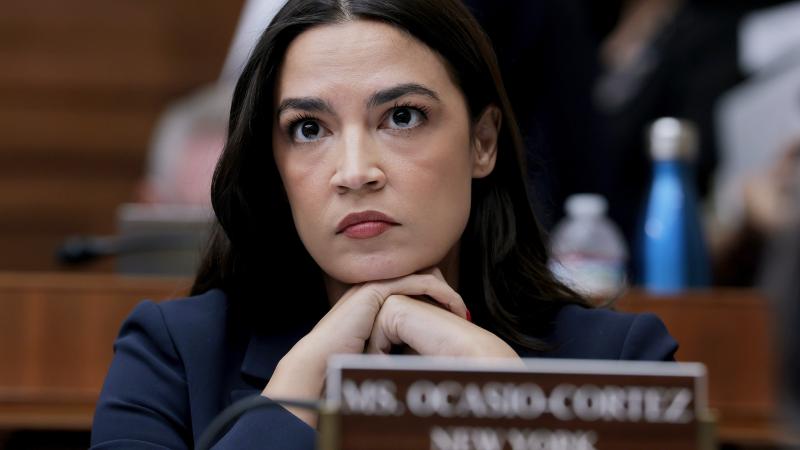GOP Sen. Burr under SEC investigation for stock sell-off when pandemic emerged
The SEC says that it "appears" to be the case Burr had nonpublic information when deciding to sell almost all of his stock holdings.
The Securities and Exchange Commission is still investigating whether North Carolina GOP Sen. Richard Burr violated federal insider trading laws when he sold more than $1.6 million in stocks shortly before the market crashed during the onset of the coronavirus pandemic last year.
A recent court filing shows the federal agency is probing the senator's decision to sell close to his entire stock portfolio on Feb. 13, 2020 after he received classified briefings about the emerging coronavirus pandemic. The agency is also taking a look at Burr's brother-in-law, Gerald Fauth, who made a similar decision for his own portfolio after receiving a call from Burr on that day, just weeks ahead of the declaration of a pandemic.
"Among other things, the commission is investigating whether [Burr] sold stocks on the basis of material nonpublic information," the agency said in a declaration filed in the District Court for the Southern District of New York.
On Feb. 13, Burr allegedly called his stockbroker in the morning and told him to sell more than $1.6 million in equities held in his and his wife's joint IRA accounts. Later in the day, he called Fauth. Three minutes after that phone call ended, Fauth called his stockbroker with instructions to sell several stocks in his wife's IRA.
The market began to crash roughly two weeks after Burr's sudden sale. It has since recovered and then some, though the initial sell-off likely spared Burr and his wife and wife's family hundreds of thousands of dollars in initial losses.
It is federally illegal to buy or sell securities based on nonpublic information that will probably impact the asset's value once it becomes widely known.
The STOCK Act, which was passed in 2012, bans members of Congress from using information gained through their positions and access to sensitive intelligence to game the financial markets.
The Justice Department investigated Burr's stock sales but declined to bring charges against the senator, who is set to retire when his term ends in 2022.
Burr has said that he based his significant sell-off on coverage of the unraveling pandemic's early impact on Asia and its markets.
















